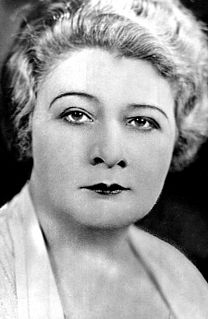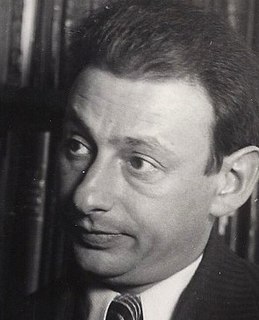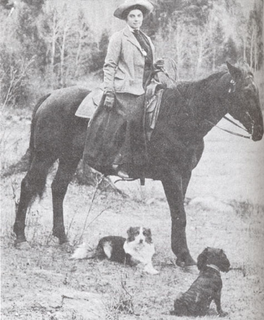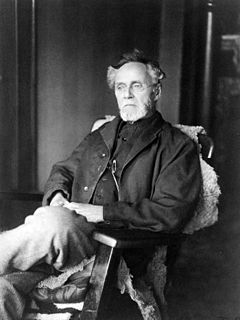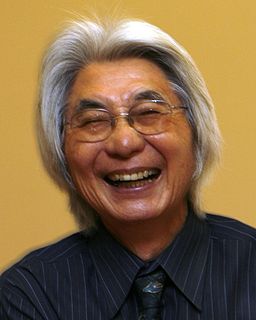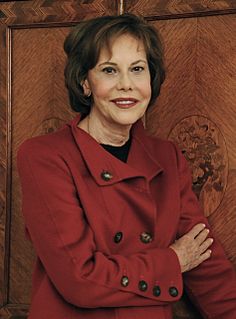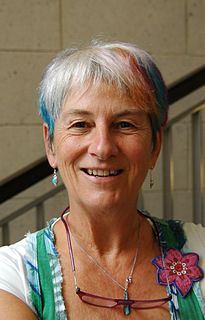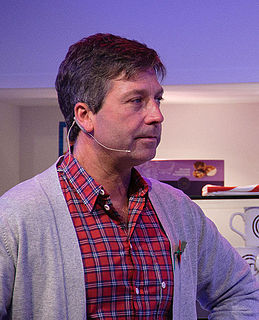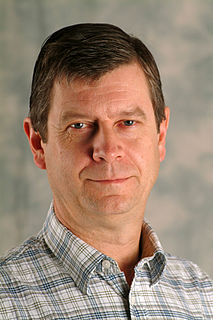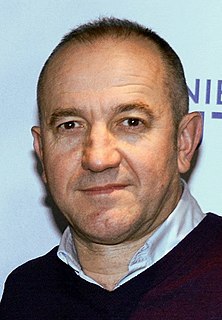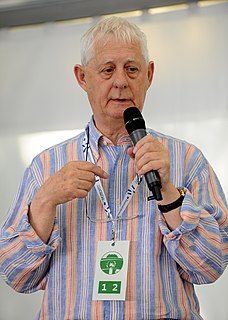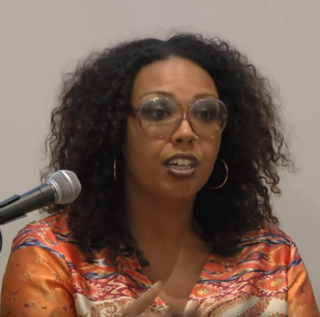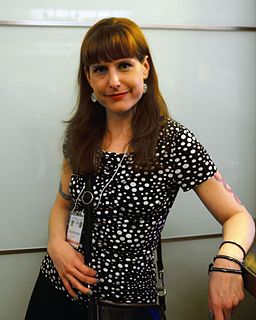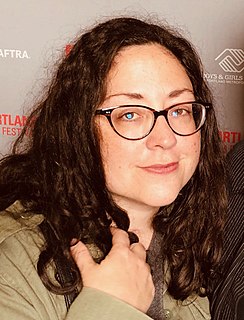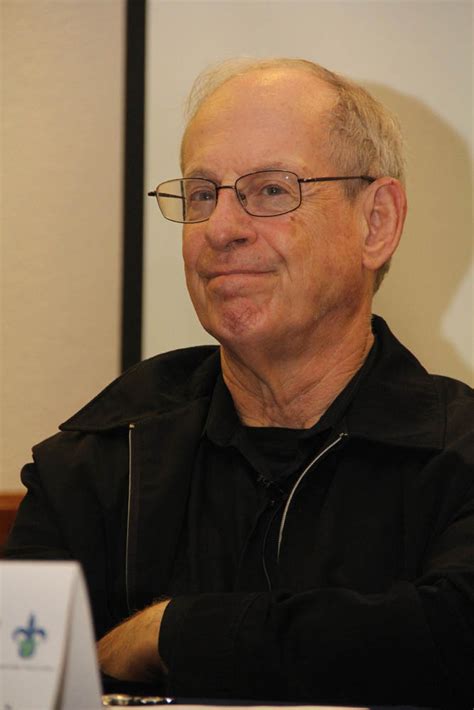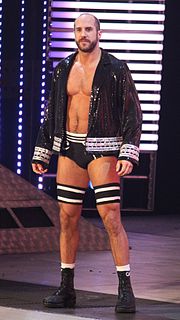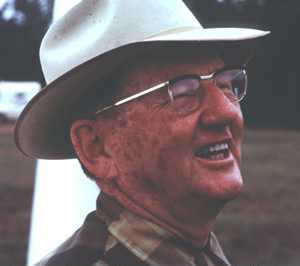Top 1200 Use Of Language Quotes & Sayings - Page 18
Explore popular Use Of Language quotes.
Last updated on November 24, 2024.
Even though I loved the song [My Yiddish Momme] and it was a sensational hit every time I sang it, I was always careful to use it only when I knew the majority of the house would understand Yiddish. However, you didn't have to be a Jew to be moved by 'My Yiddish Momme.' 'Mother' in any language means the same thing.
Never use a metaphor, simile, or other figure of speech which you are used to seeing in print. Never use a long word where a short one will do. If it is possible to cut a word out always cut it out. Never use the passive voice where you can use the active. Never use a foreign phrase a scientific word or a jargon word if you can think of an everyday English equivalent. Break any of these rules sooner than say anything outright barbarous.
How can diverse Americans become "one people"? I believe that one path is for us to pursue the study of the past that includes all of us, making all of us feel connected to one another as "we the people," working and living in a nation, founded and "dedicated" (to use Lincoln's language) to the "proposition" that "all men are created equal."
But what manner of use would it be ploughing through that darkness?' asked Drinian. Use?' replied Reepicheep. 'Use, Captain?' If you mean by filling our bellies or our purses, I confess it will be no use at all. So far as I know we did not set sail to look for things useful but to seek honour and adventures. And here is as great an adventure as I have ever heard of, and here, if we turn back, no little impeachment of all our honours.
Every time another tribe becomes extinct and their language dies, another way of life and another way of understanding the world disappears forever. Even if it has been painstakingly studied and recorded, a language without a people to speak - it means little. A language can only live if its people live, and if today's uncontacted tribes are to have a future, we must respect their right to choose their own way of life.
That is a horrible thing in a way, but it is the one thing poets can bring back to experience, this intense focus on language, which activates words as a portal back into experience. It's a mysterious process that's very hard to articulate, because it's focused entirely on the material of language in a way, but in the interests not just of language itself whatever that would mean - that's the mistake, by the way, that so many so-called "experimental" poets make - but in service to human experience.
You'd expect, as good Darwinian creatures, we would evolve to be fascinated with how the world really is, and we would use language to convey real-world information, we'd be obsessed with knowing the way things are, and we would entirely reject stories that aren't true. They're useless. But that's not the way we work.
I think that the language that we use is a ritual, that my [maternal] grandmother was called "Big Mama" is a ritual, that my daughter calls my father "Baba" and my mother "Mama" is a ritual. There are common African-American rituals that are a part of my experience. If I ever get married some day I would like to jump the broom.
The belief that female sexual expression is uniquely dehumanizing is a double standard, no matter how much you dress it up in feminist language. Instead of condemning young women for the length of their skirts, why not use that energy for condemning anyone who would think that a woman is lesser-than because she wears a miniskirt?
Writing, or at least good writing, is an outgrowth of that urge to use language to communicate complex ideas and experiences between people. And that's true whether you're reading Shakespeare or bad vampire fiction-reading is always an act of empathy. It's always an imagining of what it's like to be someone else.
Rather than thinking of sound and sense in my essays as two opposing principles, two perpendicular trajectories, as they are often considered in conversations around translation, or even as two disassociated phenomena that can be brought together to collaborate with more or less success, I think of sound as sense. Sound has its own meaning, and it's one of the many non-semantic dimensions of meaning in language. I want to emphasize is the formal dynamic between language-as-information and language-as-art-material.
People always think of technology as something having silicon in it. But a pencil is technology. Any language is technology. Technology is a tool we use to accomplish a particular task and when one talks about appropriate technology in developing countries, appropriate may mean anything from fire to solar electricity.
